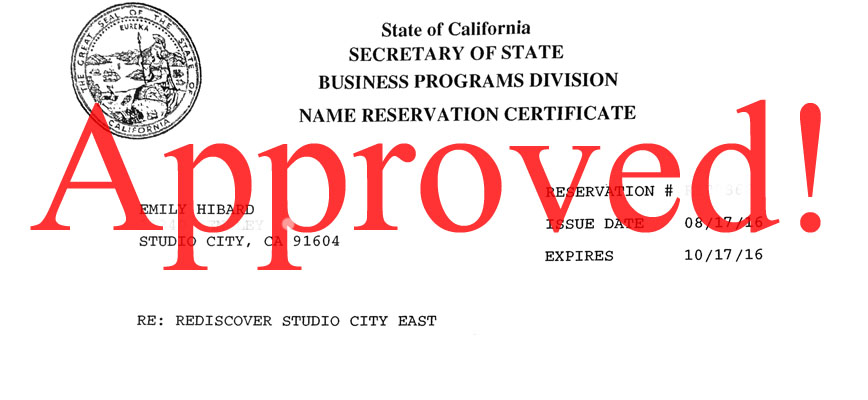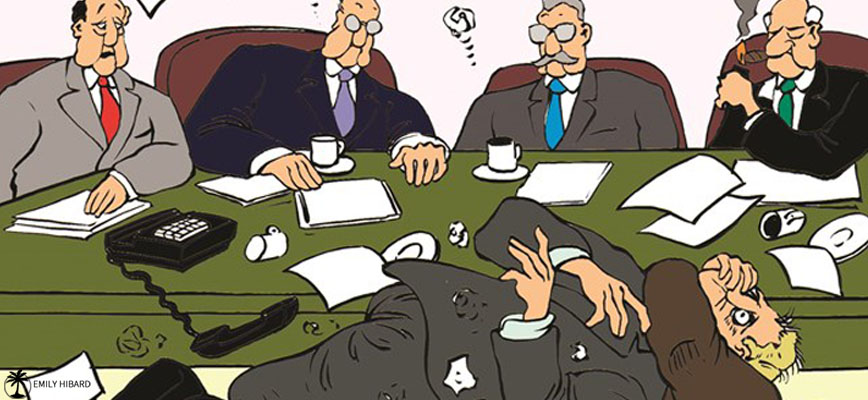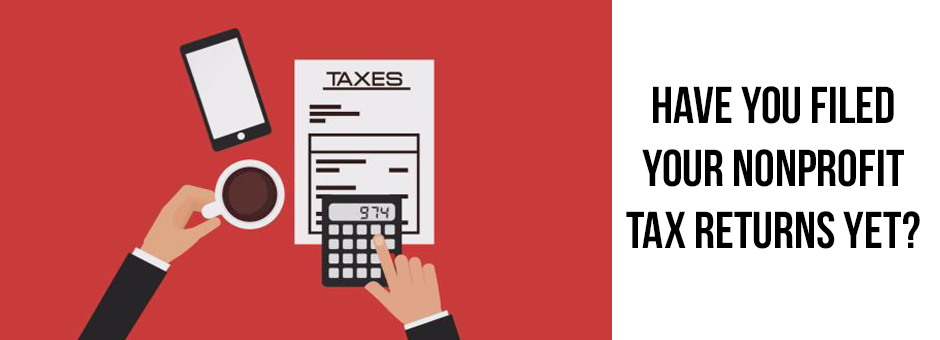How to give effective feedback

Have you ever been in an environment that did not provide effective feedback? It’s as enjoyable as the first half of Groundhog Day.
I am thirty-four years old and have been interning, volunteering or working since high school. For the past 65 years, my family has owned and operated Spiral Paper Tube & Core, a Los Angeles based paper packaging company. Some of my first tasks included pushing a broom around 30,000 dirty square feet, cleaning restrooms used by 50 employees, opening corrugated boxes with razor sharp box cutters, opening mail, and making sure the stamp pads we were well inked (we were a little behind the times).
Obviously, these are all basic tasks, but I received effective feedback. Eye contact plus an index finger pointing down meant a dirty floor. Tilted head and a hitchhiker thumb motioning towards a restroom meant ten different problems. Pressed lips and chin down meant freeze.
Feedback is worthless unless it’s effective…and by effective, I mean worth duplicating. When you are giving feedback, start by highlighting all of the positive things. Reinforce what went well. Talk about the wins. Take your time here. If you rush through the wins just to get to the plane crash, your team will just be looking you in your eyes silently asking themselves “If it sucked so badly, why are we even doing this?”
Ask questions. Questions are neutral ways to gather information before drawing conclusions. If the trash was supposed to be taken out at the end of the day and you came into the office the next morning and saw that it was still there, ask the person who was meant to take it out what happened. Maybe they had a family emergency and had to leave unexpectedly. Maybe your boss asked them to run an errand. Or, maybe they are just lazy. After you have acquired the information, then draw your conclusions. There’s nothing worse than a boss who personally attacks somebody only to discover it was because of a medical emergency.
Maintain neutrality and avoid superlatives. Isolate your feedback to specific instances and avoid using phrases such as “you always” or “you never”. The use of superlatives, when providing feedback, should be replaced with a forehead sign that reads “Just grin and nod”.
Feedback is a tool to sharpen and improve people and processes. You’ll know you’re getting better and it when fewer people walk away from you crying, rolling their eyes, angry, and your tires aren’t being slashed as often.









